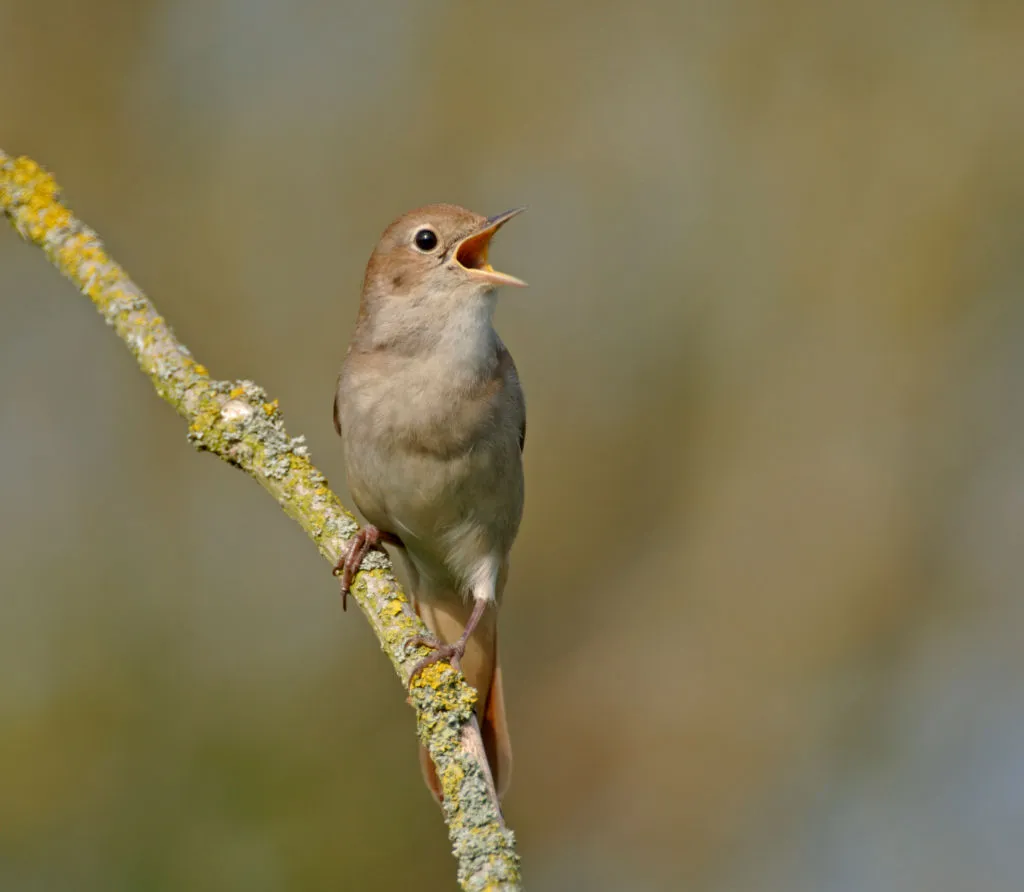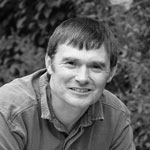On the evening of 19 May 1924, the celebrated cellist Beatrice Harrison performed a live duet with a wild nightingale in a Surrey garden. It was one of the world’s first live outdoor broadcasts; the meld of human and avian creativity captivated the nation. More than a million listeners tuned in and the event spawned what would now be a viral response – tens of thousands of letters of appreciation. The “concerts” were repeated every year until 1942.
But was this first performance faked? That’s the admission from the BBC, which will be discussed on a forthcoming radio programme, Private Passions, with world-class bird expert and emeritus zoology professor from the University of Sheffield, Tim Birkhead.
Says Birkhead, author of Birds and Us, a history of the last 12,000 years of bird-human interactions: “We now know that her initial 1924 recording involved a ‘nightingale substitute’, but in the following years it was the real thing.”
In those far-off days, Harrison was a cellist of great renown. While largely forgotten now, she was a contemporary and an inspiration for two of the greatest English classical composers, Edward Elgar and Frederick Delius. It was apparently her custom to practise outside and, in her own words, it was during a session of Rimsky-Korsakov’s Chant Hindou that her garden nightingale was stimulated to sing back at her. Not long afterwards she managed to persuade a very reluctant Lord Reith, first director-general of the BBC, to try the outside broadcast.
You can easily imagine the exorbitant risk they were taking at the time. All birds are notoriously fickle, even more so when there are BBC engineers are wandering all over their habitat. What if the wild bird didn’t sing at its allotted time? It seems that the BBC had a backup plan. They engaged the services of a professional bird song imitator, or siffleur, thought to be a certain Maude Gould whose stage name was Madame Saberon. She duly stepped in.

Although the veracity, or otherwise, of the original broadcast could be looked upon as a scandalous cover-up today, Birkhead isn’t fazed. “In both cases [fake and real] those recordings forged an extraordinary relationship between birds and us,” he says.
Sam Lee, folk-singer author of The Nightingale, and a man who stages concerts in which he and guests actually sing with wild nightingales in the spring, is even more circumspect.
“The episode makes us look at our own reaction to what is or isn’t authentic,” says Lee. “The broadcast was made at a time when the skill of bird impersonators was highly valued. It was a practical solution to a problem. It was routine on broadcasts to make do with fake birds.”
Both Birkhead and Lee are keen to point out that the broadcast is still a seminal moment. “We shouldn’t let ourselves be distracted,” says Sam Lee. “It was a great idea and it was art, and the value of that doesn’t change.”

